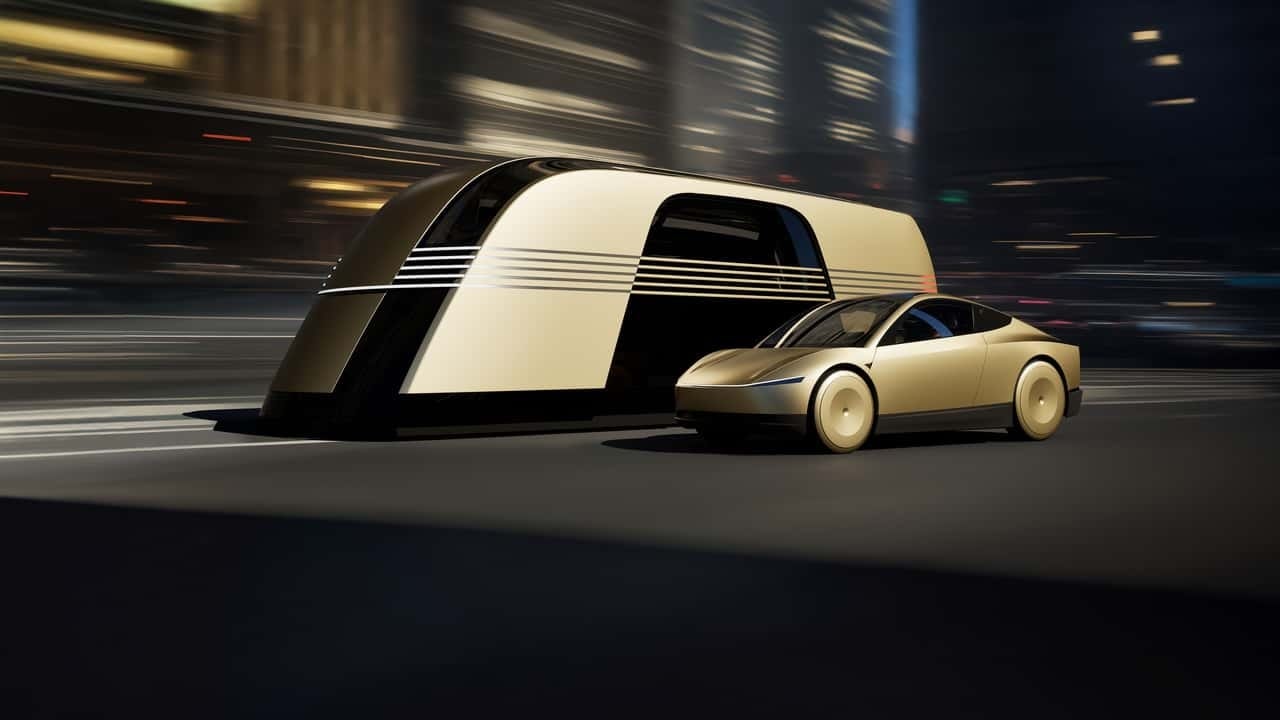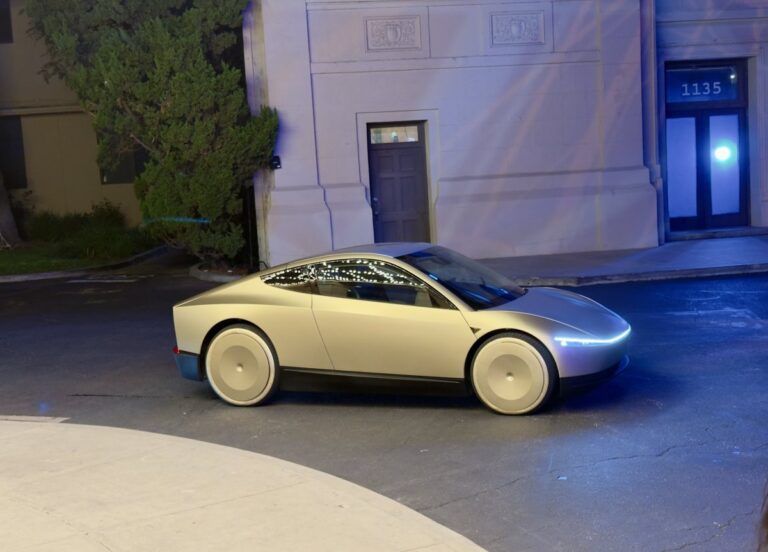Introduction: A Game-Changer in Transportation
Imagine a world where you can simply hop into a car, relax, and wake up at your destination without lifting a finger. This isn’t just a sci-fi fantasy; it’s the bold vision presented by Elon Musk, CEO of Tesla, at a recent Hollywood event. Musk introduced revolutionary concepts like the “Robotaxi” and “Cyber Cab,” which could transform public transportation and redefine how we think about driving. Understanding this shift is essential because it’s not just about technology; it’s about safety, efficiency, and our future.
Key Concepts to Remember
- Autonomous Vehicles: These are cars that can drive themselves without human intervention. Musk’s vision includes “unsupervised” driving, meaning you could be a passenger, not a driver.
- Efficiency: Currently, most cars are used only about 10 hours a week. Musk believes that with self-driving capabilities, cars could be utilized five to ten times more, which means they’ll be more valuable and cost-effective.
- Safety: Musk claims that these autonomous vehicles could be ten times safer than human drivers. He argues that they could reduce accidents and save lives, which is a significant societal benefit.
- Cost Reduction: Operating an autonomous vehicle might cost only $0.20 per mile compared to the current average of $1 per mile, making it a more affordable option for everyone.
Why It Matters: The Emotional Impact
- Saving Lives: Musk passionately argues that self-driving cars could prevent injuries and save lives. Imagine a world where car accidents— which claim around six million lives each year in the U.S.—could be drastically reduced. This alone makes the advancement of this technology crucial.
- Reclaiming Time: With self-driving cars, you could reclaim hours spent in traffic or on the road. Musk emphasizes that this could significantly enhance your quality of life. You could read, relax, or even sleep during your commute instead of focusing on driving.
- Environmental Impact: More efficient use of vehicles could lead to less congestion and lower emissions. If autonomous vehicles are electric, they could greatly contribute to a cleaner environment.
Steps for Building Knowledge in This Field
- Stay Informed: Follow advancements in autonomous vehicle technology. Websites, podcasts, and news articles are great resources to understand ongoing developments.
- Understand the Technology: Learn about the basics of how self-driving technology works, including sensors, artificial intelligence, and machine learning. This will deepen your understanding and appreciation of the technology.
- Explore Related Fields: Delve into topics like urban planning, environmental science, and public policy, as these areas will intersect with the rise of autonomous vehicles.
- Engage in Discussions: Talk to peers about the potential impacts of self-driving cars. Engaging in debates can help solidify your knowledge and expand your perspective.
Conclusion: Embracing the Future
Elon Musk’s ambitious plans for self-driving vehicles represent a significant leap toward a safer, more efficient future. By understanding these developments, you position yourself at the forefront of a transformative wave in technology and society. As autonomous vehicles become more integrated into our lives, being informed about their implications will not only empower you but also help you navigate a rapidly changing world. Remember, this isn’t just about cars; it’s about how we live, work, and travel in the future.



